We Made It Happen: A Look Back at the RAS Symposium 2025
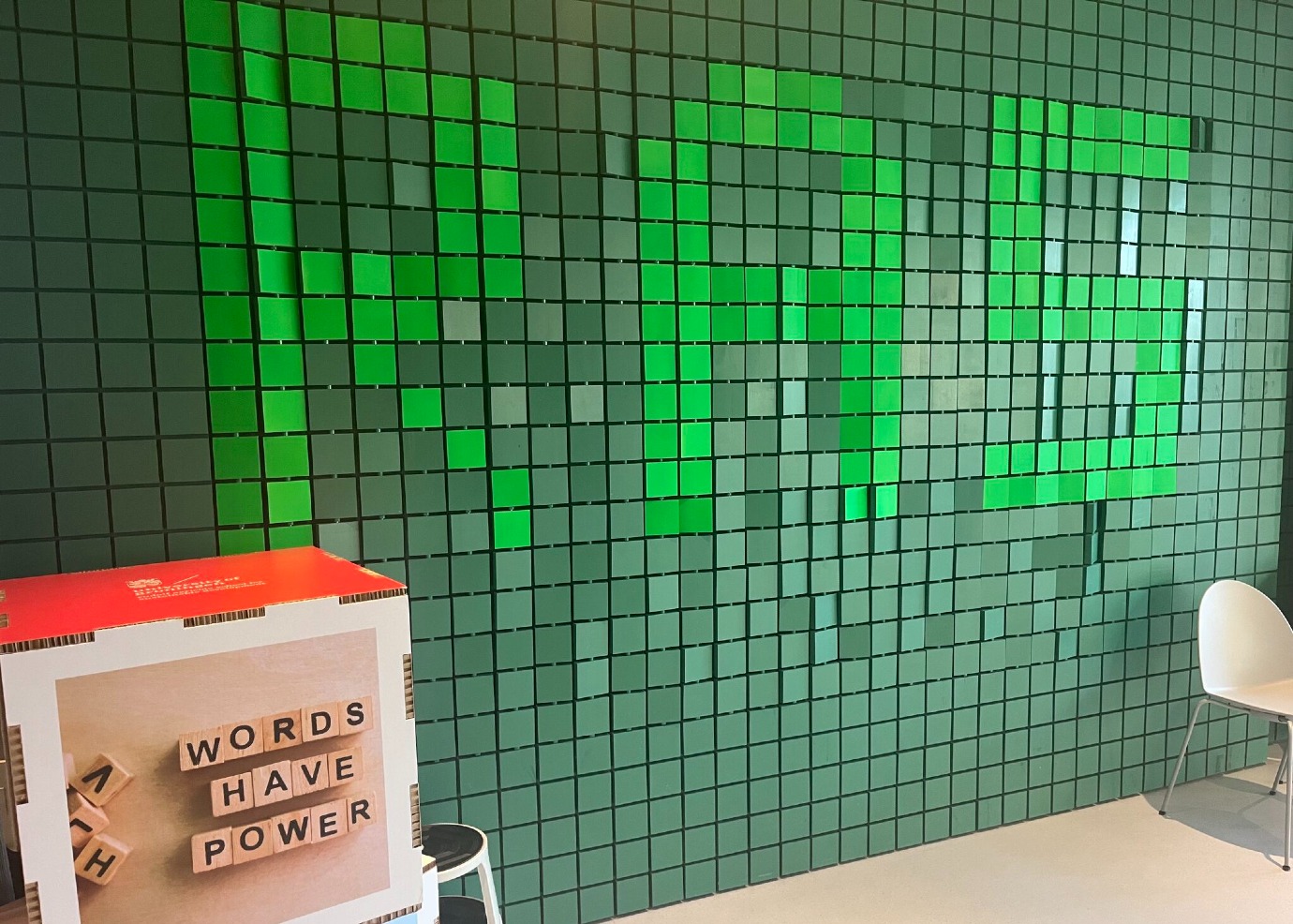
The awaited annual symposium of the Rudolf Agricola School for Sustainability Development took place last Monday, 27th October, at our very own House of Connections. Despite the rainy day, Fellows of the Rudolf Agricola School joined interested staff, PhD candidates and students from various faculties within the University of Groningen, but also from other institutions around the globe. We all gathered to discuss the role and relevance of the university in the 21st century. A topic that is especially relevant currently, when the world, the Netherlands and our northern regions are facing multiple challenges and to which the university, as an important societal impact partner, can bring about solutions.
Elke Van dermijnsbrugge opened the event with her keynote lecture, “Dispatches from the Future: From Wishful Thinking to Wishful Doing.” Elke worked backwards from an imagined ideal future - one where universities are locally organized, scholars and citizens share spaces, and inequalities and injustices have been overcome through persevering joint hard work and radical imagination - she challenged us to rethink concepts such as individual and collective agency, uprising, direct action, and self-organization. To do so, she reminded us that most things, in essence, are just ideas that we have imagined and collectively agreed upon. And just as we have imagined them, we can reimagine them too by staying humble, critical and starting small.
“Crisis is a feature, not a bug,” were her words. Direct action, as Elke argues, can take different forms ranging from decelerationist politics, refusal to participate or support, and disruptions of the status quo in ways that are immediately accessible to us. Her final message, one that she drew from Rebecca Solnit, resonated throughout the rest of the symposium: “We need to participate in inventing the world, and to do so collectively”.
The keynote set the tone for the subsequent interactive roundtable sessions. Together, we reflected on the role and relevance of the university, as an educational institution and as a group of individual teachers and students, in maximizing the societal relevance of academic degrees in light of global challenges. To answer this question, we considered the university’s transition from a human-centred (‘ego-system’) to a more holistic, ecologically aware (‘eco-system’) mindset. Moreover, we also debated around another, more holistic, perspective, that of the role of university in directly addressing global challenges themselves and in building a resilient society. Thus, not only considering the university as an educational institution but also as a research and impact-making one too.
Participants reflected on current practices in these domains and identified actions to start, stop, and sustain - turning wishful thinking into wishful doing. Together, we explored not just how to imagine change, but how to begin doing things differently - starting now.
The collective work of that day has not only led to new connections and to increased participants’ motivation in transforming the world through their research and teaching, but it will also result in a manifesto which will be shared with university’s decision makers. In this way, as a school, we aim to bring about transformative change in our university.
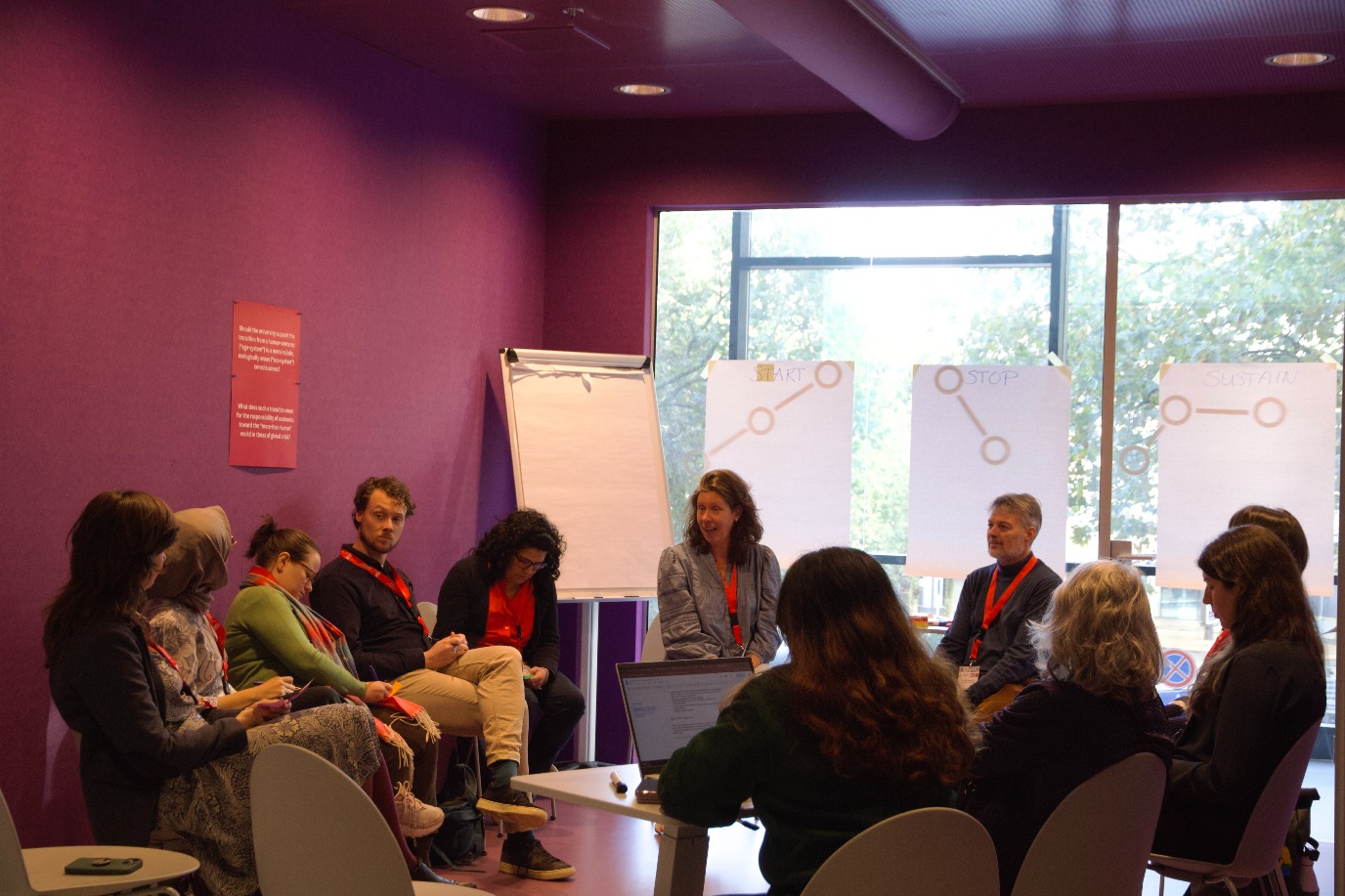
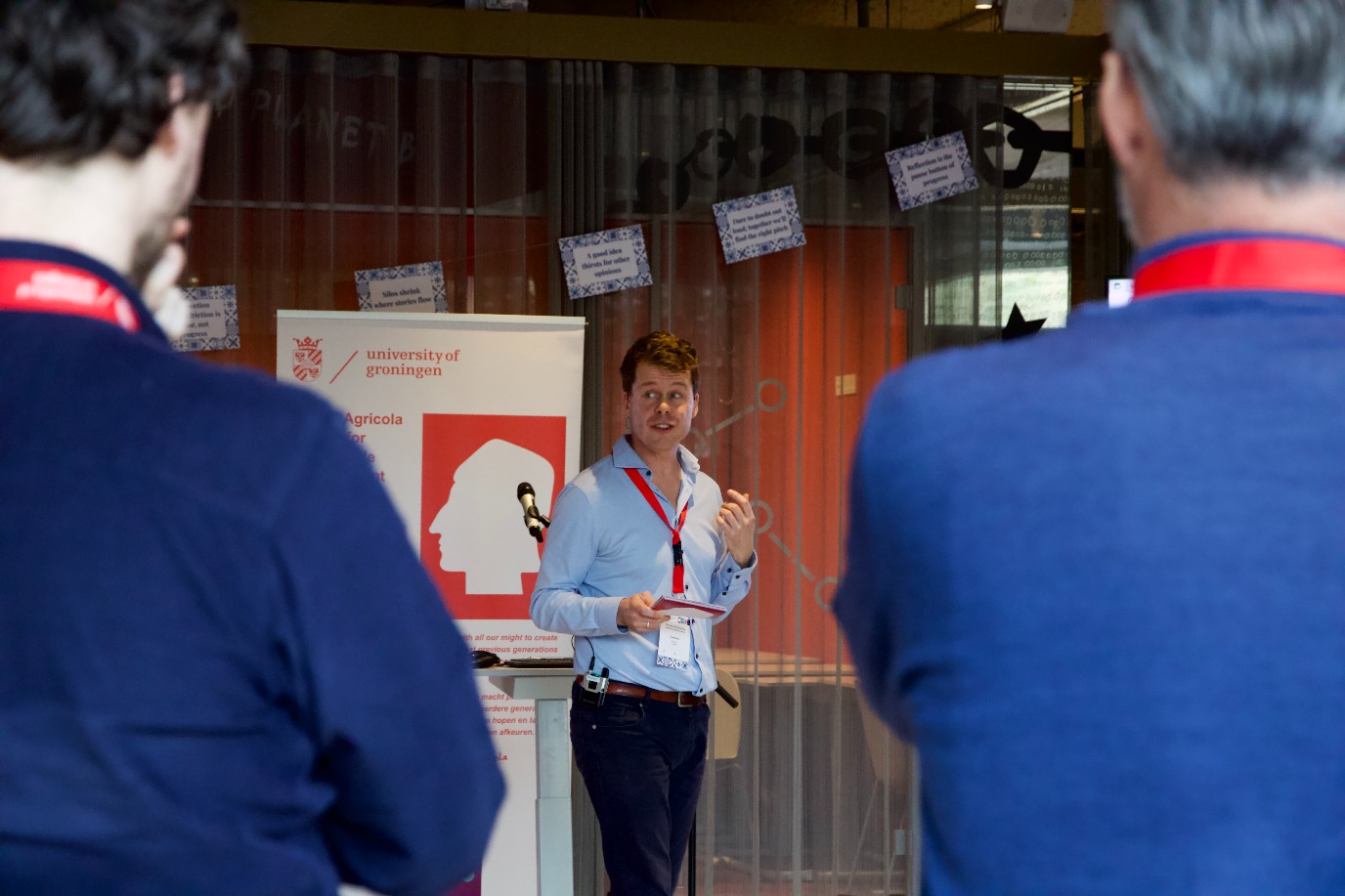
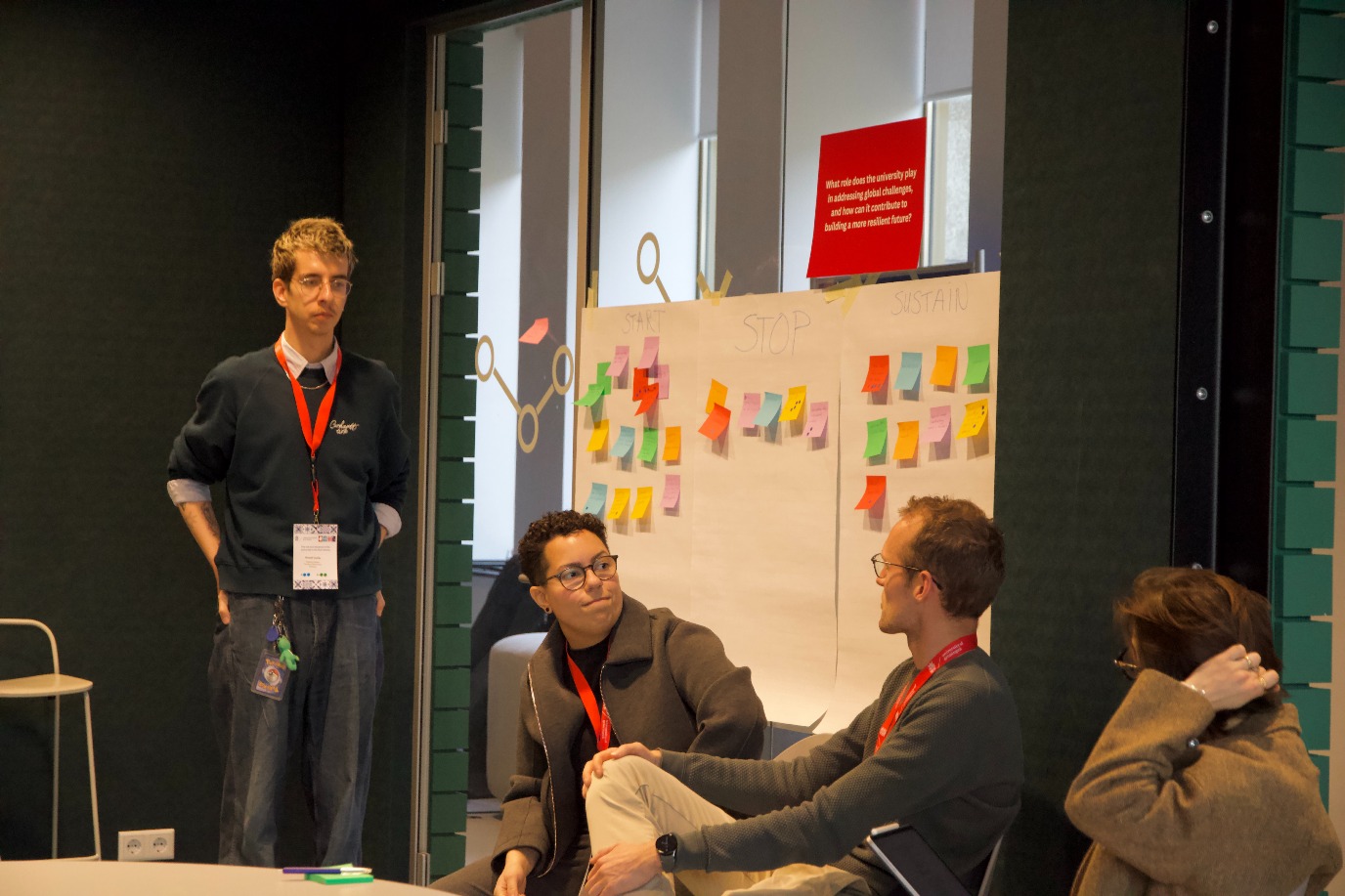
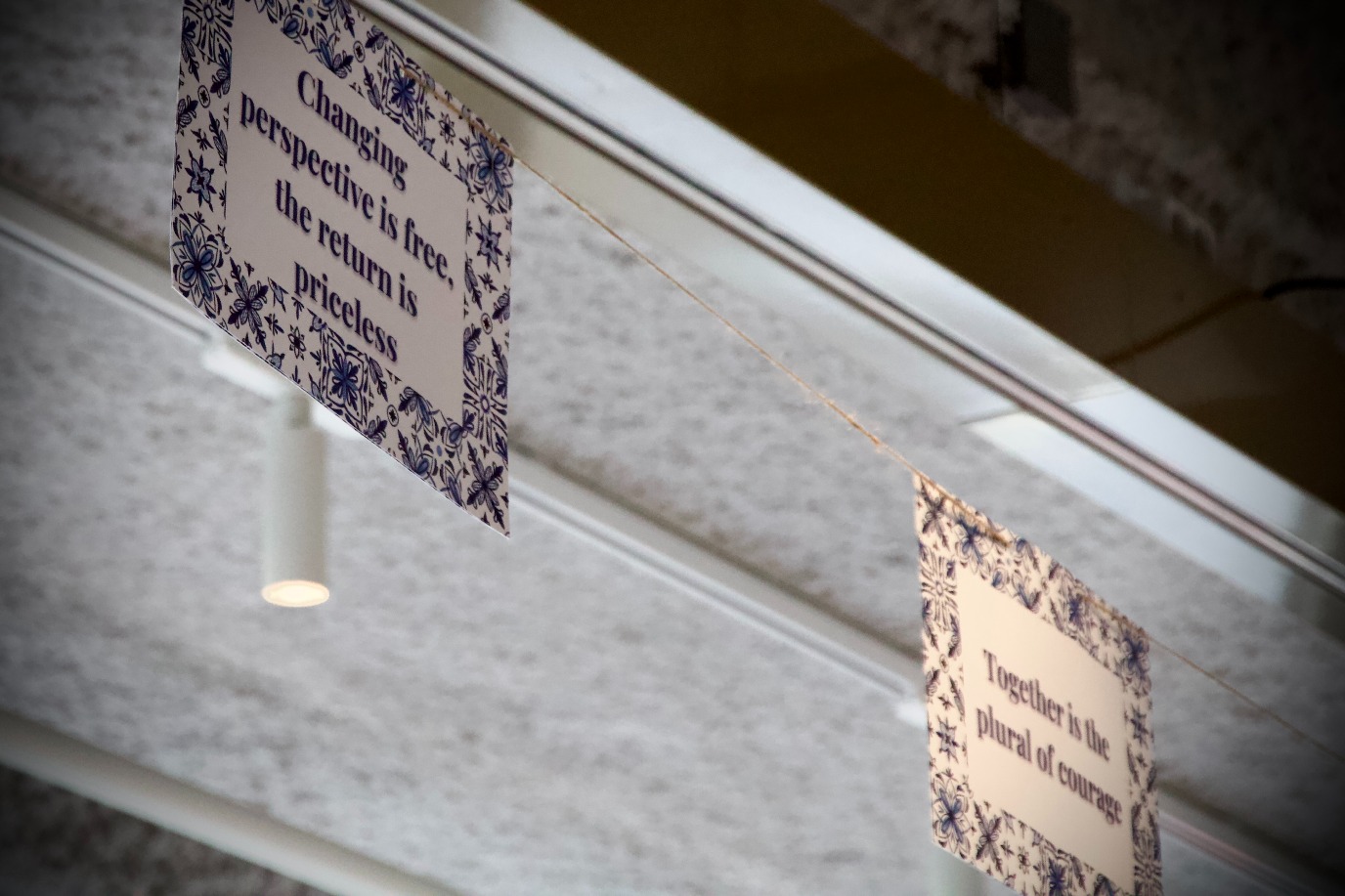
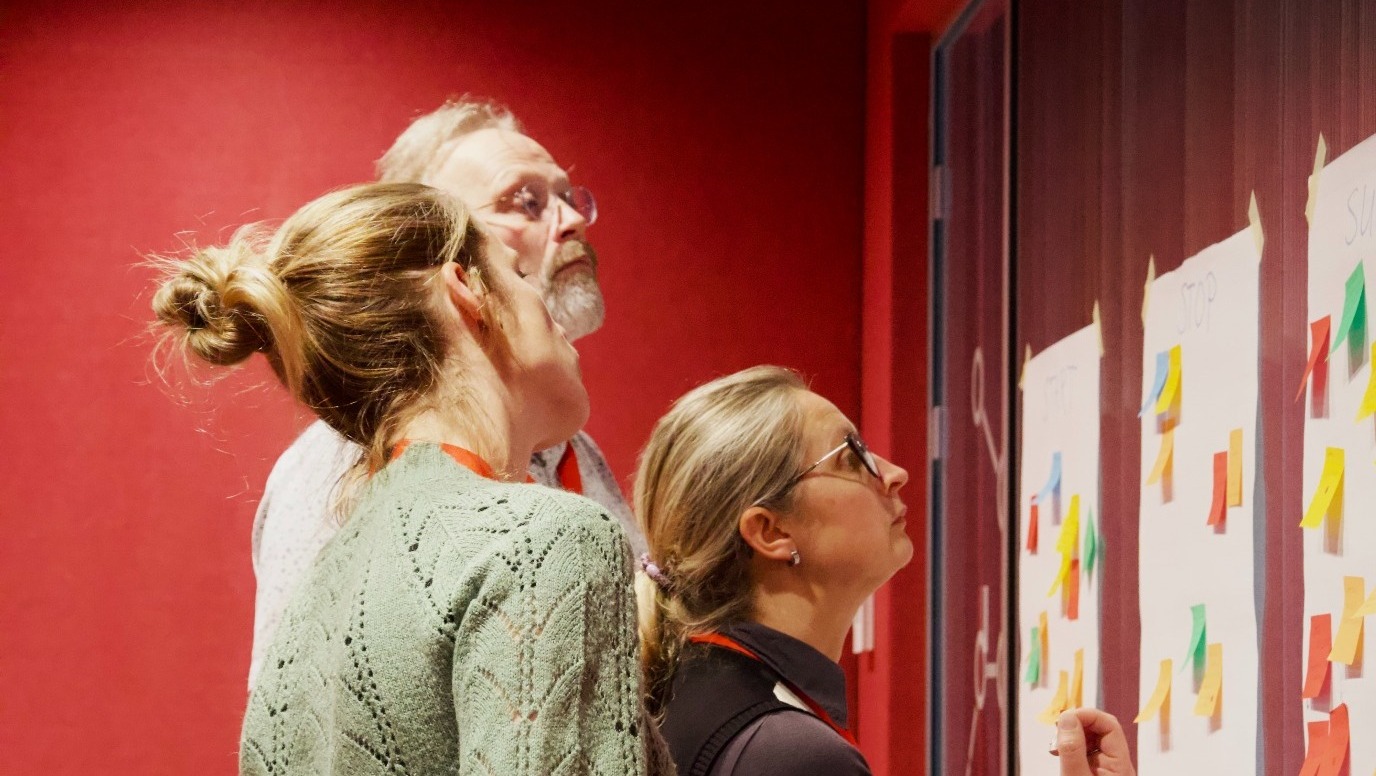
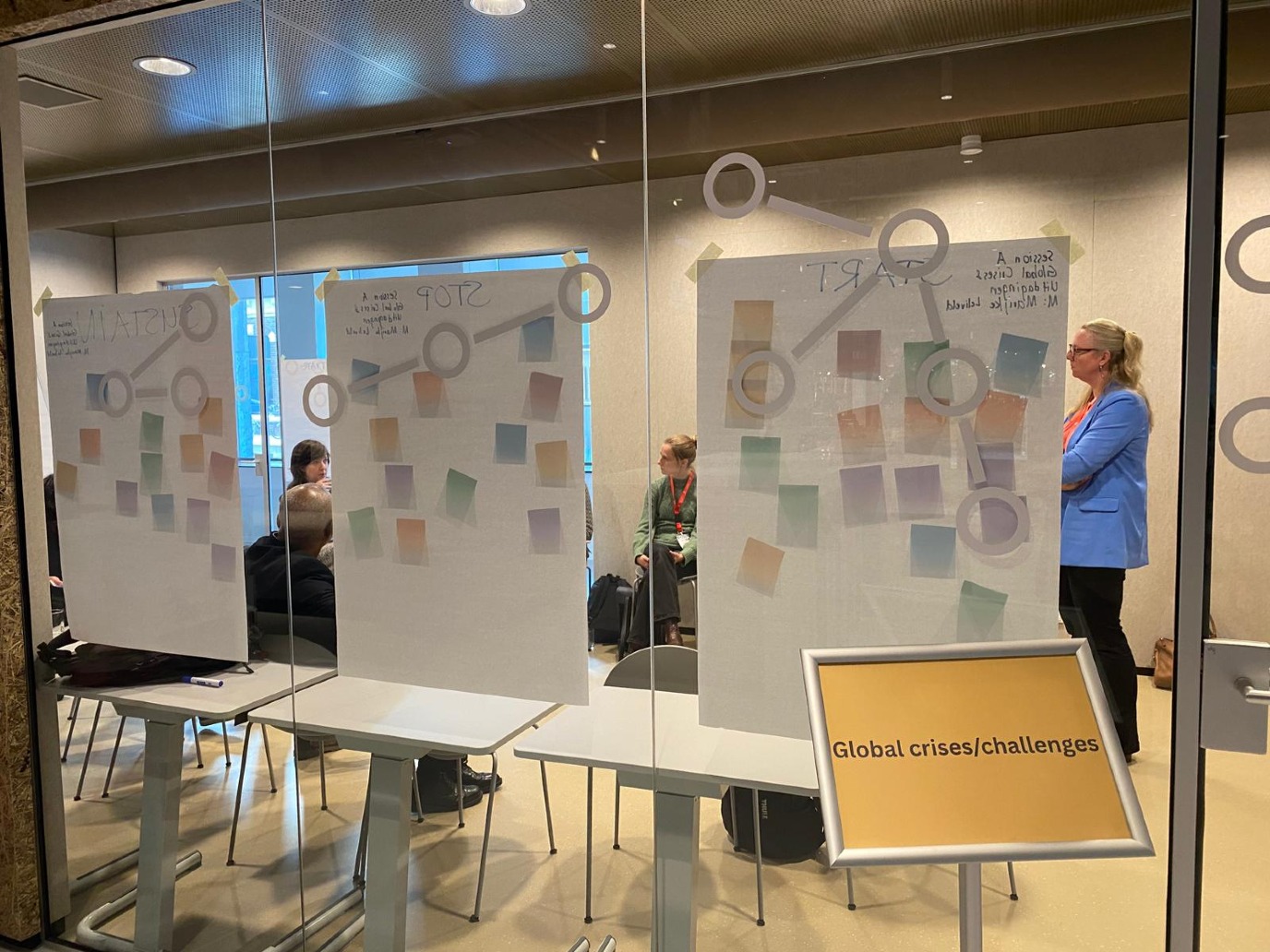
More news
-
15 September 2025
Successful visit to the UG by Rector of Institut Teknologi Bandung

